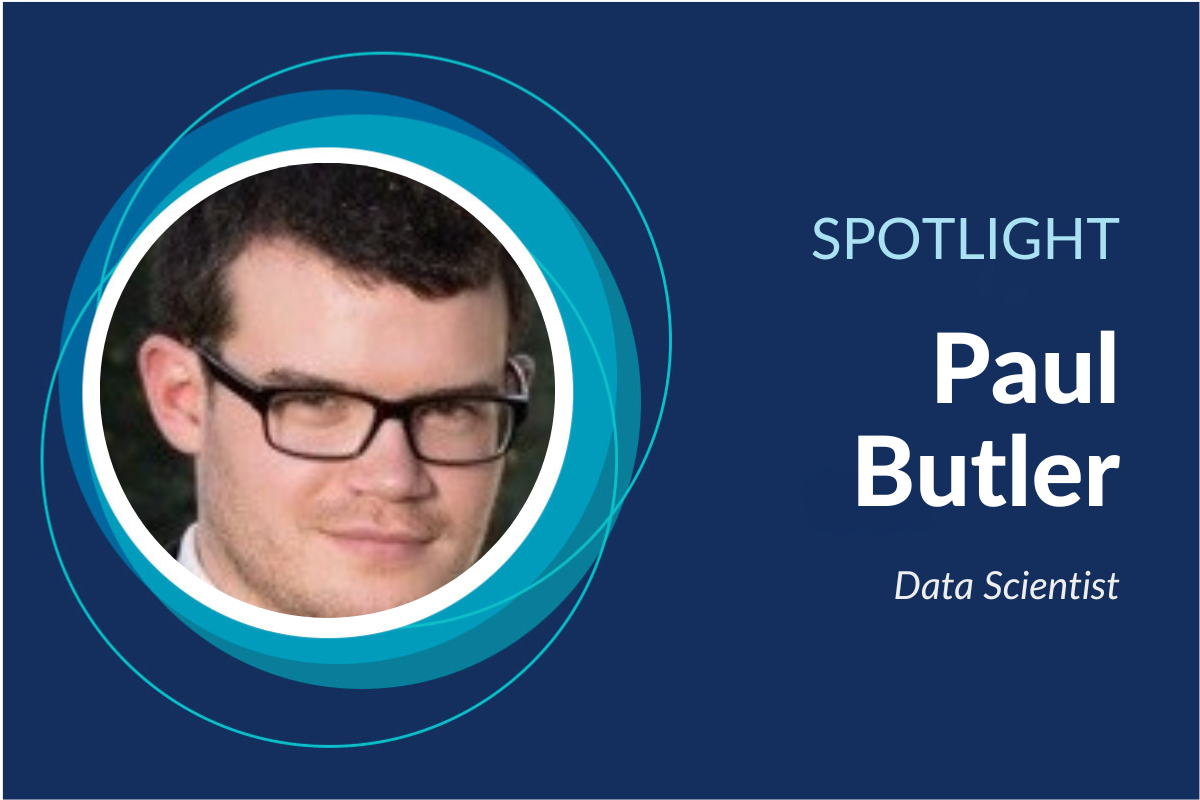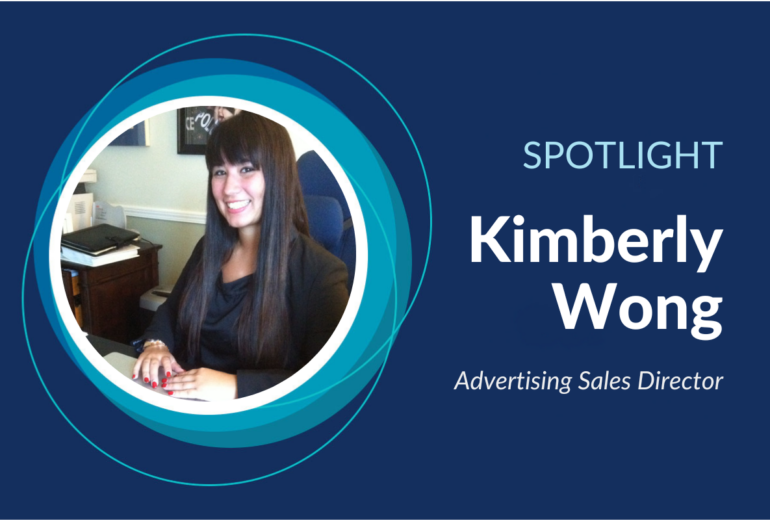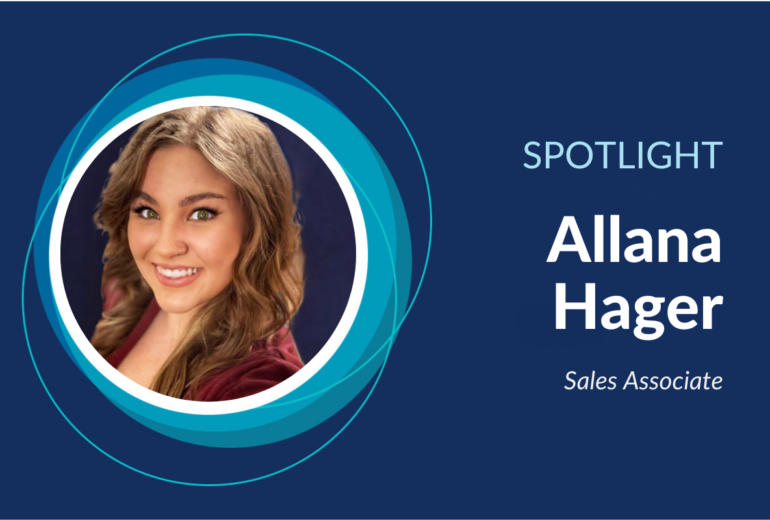I’m pleased to introduce our readers to Paul Butler, one of our very talented Data Scientists!
Paul’s extensive background in psychology, Chinese Medicine, and data analytics, among other additional impressive ventures, have equipped him with a distinctive approach to tackling the multifaceted aspects of his role. In the several years he’s been with our team, he has brought immense value and his ability to draw from various disciplines truly highlights his adaptability and forward-thinking nature in the evolving field of data science.
Read on to learn more about Paul!
Can you share more about your role as a Data Scientist?
Paul: Data Science is difficult to define because it is an expansive field that uses many methods to work on a wide range of problems. Overall, I tend to think of my role as someone who is either using the information and tools at hand to answer a question, or to make a new tool that can be used to make decisions or find better answers going forward. Being a Data Scientist at BulletinHealthcare is great because you get to work in many different areas of the field. I spend a lot of time working on client requests and checking the quality of data, which tends to be more analytical. I’m also currently working on another set of projects, which are more data engineering-focused, as well as planning for a machine learning project.
What sparked your interest in data science?
Paul: Every field I’ve worked in featured some form of data or statistical work, which was always one of the aspects I enjoyed the most. I like solving puzzles or problems that require thinking deeply about what you know and don’t know to find a solution. Naturally, that led me to learn different aspects of data methodologies until I realized I wanted to do this kind of work professionally and it is a good fit for my interests and personality.
What experiences did you have before you became part of the Cision Insights team?
Paul: I studied personality psychology and natural sciences during college before pursuing a master’s degree in Chinese Medicine. I then did a two-year residency in Chinese medicine before getting into marketing, web development and data analytics with an associated venture. All these experiences were immensely valuable because they taught me how to analyze patterns of human health or behavior using features I couldn’t perceive or manipulate directly. From this, I gained the skills and intuition for developing abstract models that can be used to do something practical.
In what ways has your background in practicing acupuncture and Chinese Medicine prepared you for a career in healthcare media?
Paul: Looking back, it was essentially intensive practice for the sequence of taking domain knowledge, quickly developing an understanding of the problem at hand, and then applying a solution. To be a good clinician, I had to develop a high-level understanding of both Chinese Medicine and Western Medicine, the ability to quickly and thoroughly diagnose patients, and then to develop and apply a treatment. I also learned a lot about how to communicate and explain difficult topics or subjects to a diverse audience of people. Finally, during my residency I learned a lot about how the US healthcare system is organized so I could help patients navigate it. I could treat up to 40 patients in a day — which was a lot of practice! This background in medicine, healthcare, communication and solving problems quickly has been immensely useful in my current role.
Could you explain the targeting capabilities at BulletinHealthcare?
Paul: Because we get frequent, first-party data updates from our association partners, we always know exactly who our audience is down to the individual level. When our audience data is combined with data from other sources, we are able to have an incredible understanding of who our audience is and what they do professionally. This allows us to target unique groups of recipients specifically by things like specialty, location, diagnosis, prescribing behavior, lookalike providers, list matches and more.
Could you give our readers more details on how you process and categorize audience data to make sure ads are seen by the intended audience?
Paul: Every ad can be targeted on the individual level. This kind of targeting combined with our other types of data, along with frequent updates from our partners, allows us to be extremely accurate with who we target based on custom criteria. We also have other tools available, such as exclusion lists, negative keywords against articles, and out of US geo-blocking. For example, our custom ad server can prevent ads from being served to US-based recipients when they open our briefings during travel outside of the country.
How do you keep yourself informed about recent developments in technology and healthcare?
Paul: I’m currently pursuing a master’s degree in computer science at Georgia Tech. This is an awesome program that excels at teaching the fundamentals of subjects like AI, machine learning, programming, analytics, etc. I also stay up to date with medicine and healthcare by reading journals and specialty news sources. Healthcare is evolving quickly, and I think it’s important to update my knowledge frequently.
What do you like to do for fun when you’re not working?
Paul: I like to read, primarily nonfiction, history, medicine and science fiction. I’m currently obsessed with the field of cliodynamics which focuses on modeling history using data and other fields and methods. One personal project I’m currently working on is learning how to use Alan Lichtman’s 13 Keys model to predict the winner of the 2024 Presidential election before he announces his official prediction. I also like to build computers and home labs and play video games.
Anything else you’d like to share with our readers?
Paul: I recently had to complete an assignment that involved using knowledge-based AI methods for classifying if various dishes are or are not soup. The assignment ended with the question “Are grits soup?” Using my models I answered no. Grits are not soup. If you disagree with this, please contact us with your explanation.
To learn more, ask Paul a question of your own, or want to share why you think grits are soup, we’d love to get connected!

Marketing Associate




